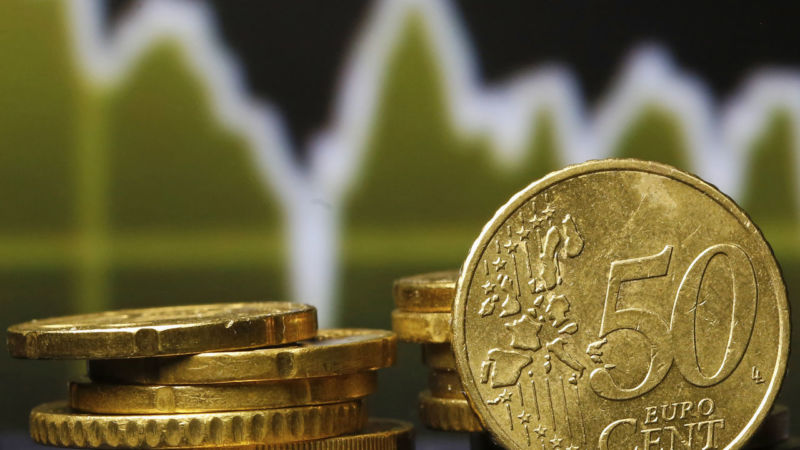The European Union is currently in negotiations to enter a trade agreement between MERCOSUR and its founding member countries – Brazil, Argentina, Paraguay and Uruguay, with Venezuela acting as an observer. Among the most relevant aspects that should be taken into consideration in assessing the prognosis for Brazil in the event of a possible signing are (1) the idle capacity of the domestic market, (2) increasing levels of export volumes in 2017, and (3) the recent government initiatives to stimulate exports.
In terms of idle capacity, a CNI (National Industry Confederation) survey indicated that the average utilization of the Brazilian industrial park is 66%, which means that the country’s current production scenario is the lowest in 20 years. Furthermore, a trend study conducted by the IPEA (Institute of Applied Economic Research) projects that the Brazilian GDP will not achieve growth of more than 2% in 2018. For Brazilian consumers this outlook means they will need to limit their spending, therefore forcing Brazilian producers to find alternate ways to fill this consumer spending gap.
According to data from the OECD (Organization for Economic Co-operation and Development), among the countries that make up the G20, Brazil recorded the highest growth in the first quarter of the year. From January to March, Brazilian exports grew 21.5%, above the world average of 3%. Furthermore, according to the AEB (Foreign Trade Association of Brazil), projections for resumption of the foreign trade market, after five years of decline, will have a direct impact on the production volumes of virtually all sectors of the economy.
The government, on the other hand, has enlarged he possibility for companies that wish to benefit and have access to new international markets. An example of this is RECOF-SPED, a special export incentive scheme, which reduces the tax payment not only on imports but also on domestic acquisitions for those companies who export their final products. This regime offers greater simplification to more industries, easier access and reduced cost of implementing and maintaining, in relation to the ordinary RECOF, which could only be used by big companies in certain industries.
The national export plan for 2015-2018 integrates well with Brazil’s trade policy, with an agenda to stimulate economic growth.
All this combined with the fact that, even without the existence of a Trade Agreement between MERCOSUR and the European Union, the commercial appetite between both blocs is extremely relevant. According to the United Nations a significant amount of trade between MERCOSUR and the European bloc are with Brazil.
With the signing of a Trade Agreement of this magnitude we can expect a considerable increase in the removal of barriers that currently create difficulties for European companies that provide their services to Brazil. In addition, Brazil has expanded the list of countries that are targeting major international investors. It is worth mentioning that the potential for this is agreement has a huge upside when you consider MERCOSUR is a free trade area with more than 250 million consumers.
Adding to this is the fact that the European Parliament delegation responsible for negotiating the agreement is currently in Brazil precisely to deal with the next steps towards its conclusion, and according to Francisco Assis, president of the delegation for relations with MERCOSUR, most European Union member states are interested in reaching a political agreement by the end of year.
The expectation was to have one political agreement signed in the WTO ministerial conference in Buenos Aires that occurred last week, however, although the Mercosur negotiators have present a more flexible offer, the EU representatives did not evolve with their agricultural basket, which postponed the discussion to 2018.
The process of negotiating an agreement of this magnitude is always very complex and exhausting; after all, neither side wants to feel that it has closed discussions with a bad agreement. Prospects remain high and the upcoming Brazilian elections combined with the current political interest of both blocs in closing this agreement will certainly weigh heavily so that this unique opportunity for both sides is not a loss to anyone.






